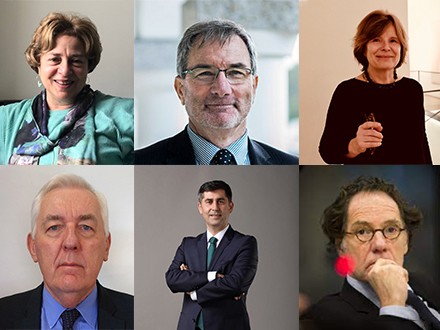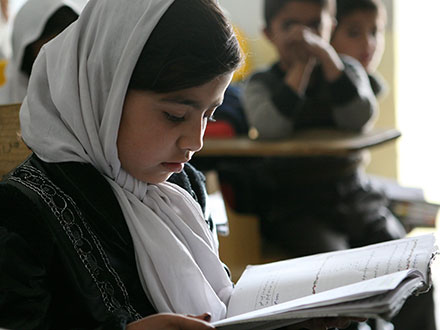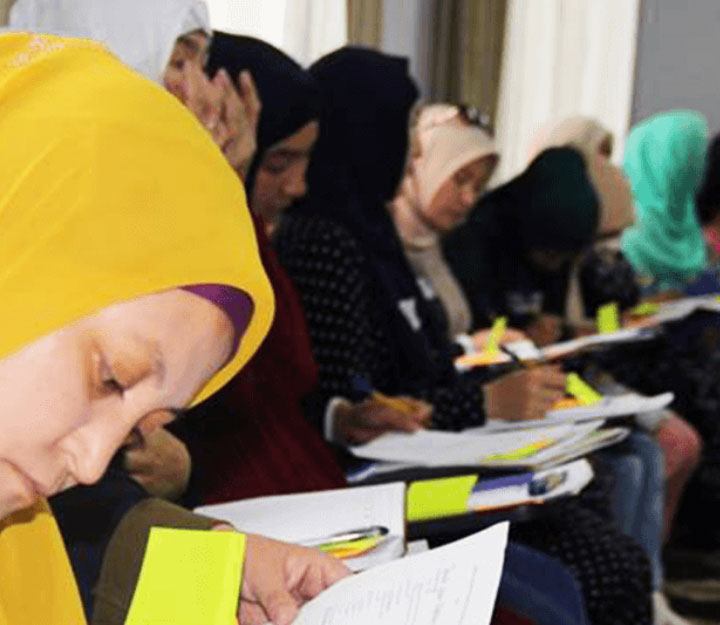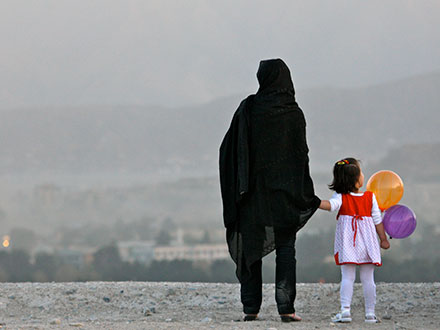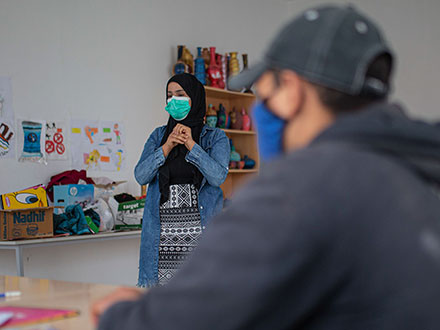
Foreign Terrorist Fighters Programs Catalogue
This platforms is a catalogue of existing programs sponsored by or led by countries that all UN member states may find useful or appropriate for their national context.
The catalogue categorizes programs according to four key categories of the FTF phenomenon, which include: 1) radicalization to violent extremism; 2) recruitment and facilitation; 3) travel and fighting; and 4) return and reintegration
The threat posed by “Foreign Terrorist Fighters” (FTF) – individuals who travel abroad to a State other than their States of residence or nationality to engage in, undertake, plan, prepare, carry out or otherwise support terrorist activity or to provide or receive training to do so (often labeled as “terrorist training”) – has been a major issue for international and national security in the recent history. Governments continue to grapple with how to address the complex set of challenges resulting from this phenomenon. Most governments are concerned that the number of people, especially youth, radicalized to violence that had traveled to fight or train alongside terrorist groups in conflict and non-conflict areas will pose a new terrorist threat to their home or third countries, including transit countries if there are repatriation efforts undertaken.
FTF can have an impact on origin, transit, and destination countries, including in planning operations and facilitating the influx of recruits and arms, as well as increasing the proliferation of the terrorist threat upon their return to their home or third countries with potential violent extremist indoctrination and/or affiliation, operational knowledge or experience in terrorist attacks, and training. After their return, whether operating independently (“lone actors”) or as a part of a group, there is a risk that FTF can commit terrorist acts or promote violence, provide guidance and operational expertise, raise funds, and/or serve as recruiters to radicalize and more broadly encourage others to take up violence in their State of residence or nationality or other States.



